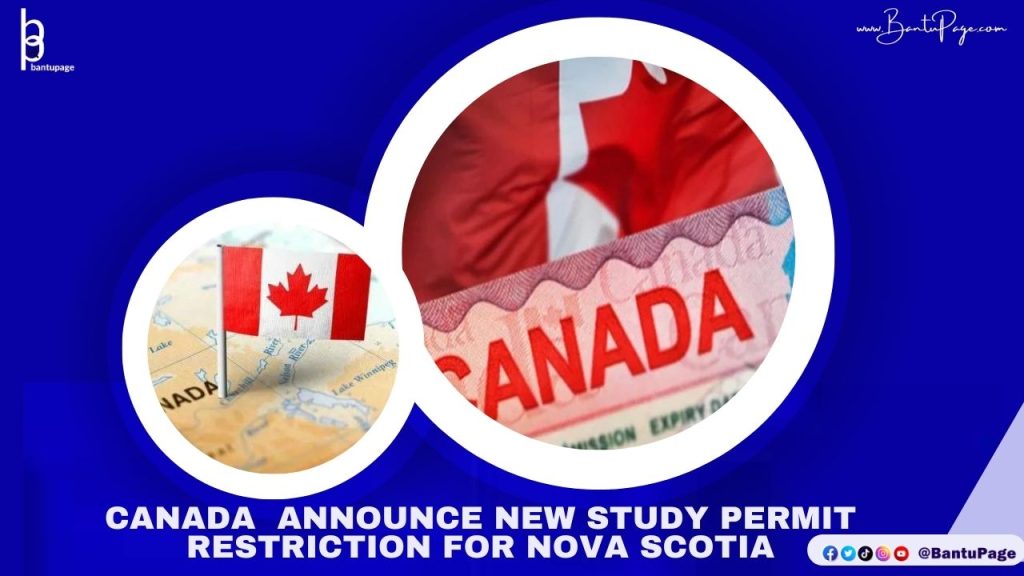
Canada announce new study permit restriction for Nova Scoti
The Canadian Federal Government has allocated 12,900 study permits to Nova Scotia for its overseas students at post-secondary institutions.
This is a decline of almost 7,000 permits compared to the figures from 2023.
Although there has been a decrease, Nova Scotia remains an appealing choice for overseas students who are looking for opportunities to pursue higher education.
In October 2023, Nova Scotia had almost 16,000 international students who were enrolled full-time in different post-secondary institutions around the province.
Only 32 designated learning institutions (DLIs) in Nova Scotia are authorised to admit overseas students and will be granted study permits.According to Immigration, Refugees, and Citizenship Canada (IRCC), Nova Scotia has a total of 41 Designated Learning Institutions (DLIs).
The distribution of permit allocations is as follows:
A total of 11,565 licences have been issued for the 10 institutions and Nova Scotia Community College throughout the province.There are now 710 licences in existence for twelve private professional institutions.
There are a total of 526 permits issued for nine language schools.
In addition, the province will set aside 99 application spots to meet unexpected situations, allowing for flexibility in managing admissions for overseas students.Brian Wong, the Minister of Advanced Education in Nova Scotia, highlighted the province’s meticulous method of distributing study licences among different institutions.
This process takes into account elements such as programme demand and community development.Wong also conveyed the province’s support for a larger allotment from the federal government to bolster Nova Scotia’s education sector.
The recently implemented government limit on study permits, which took effect on January 22, is intended to stabilise the influx of international students in Canada and improve the long-term viability of the system.
Canada anticipates granting 360,000 study permits to overseas students in 2024, representing a 35% decline compared to the previous year.
The cap does not pertain to certain groups, including overseas students enrolling in master’s or graduate-level degree courses, existing study permit holders, or study permit renewals.International student applicants must now include a Provincial Attestation Letter (PAL) when submitting their final study permit applications, in accordance with the province’s distribution process.
Prince Edward Island (PEI) has announced that it will distribute 2,000 study permits among three Designated Learning Institutions (DLIs).
The Department of Workforce, Advanced Learning, and Population will assist in issuing Post-Graduation Work Permits (PALs) to DLIs, who will then distribute them to foreign student applicants.Ontario and British Columbia, along with other provinces, have explicitly specified their distribution strategies for study permits, with different allocations between public and private Designated Learning Institutions (DLIs).
By Nnaemeka Odenigbo





